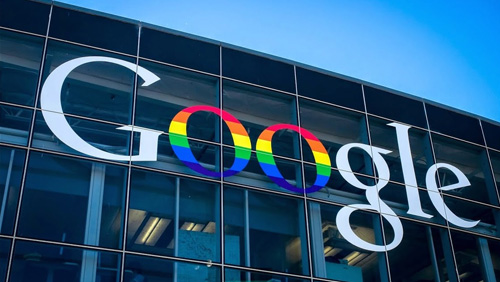The latest wave of policy changes at tech giant Google is about to hit the cryptocurrency sector—and skins gambling, too.
 On Tuesday, Google announced that it is changing its advertising policy to target selected financial products and services. The updated policy, which will take effect in June, specifically bans advertisements for binary options and all cryptocurrency-related content, including initial coin offerings (ICOs), cryptocurrency exchanges, cryptocurrency wallets, and cryptocurrency trading advice.
On Tuesday, Google announced that it is changing its advertising policy to target selected financial products and services. The updated policy, which will take effect in June, specifically bans advertisements for binary options and all cryptocurrency-related content, including initial coin offerings (ICOs), cryptocurrency exchanges, cryptocurrency wallets, and cryptocurrency trading advice.
The policy will also prohibit content advertising for “unregulated or speculative financial products,” which include financial spread betting as well as contracts for difference and rolling spot forex. Advertisers offering promotions for the listed products will have to secure a certification from Google before they can advertise via AdWords. The certification, according to the tech giant, is only available in select countries.
The limits placed on cryptocurrency-related promotions mirror that of the restrictions placed on ads that promote say, sexually explicit content or counterfeit items.
‘Emerging threats’ identified
Scott Spencer, director for sustainable ads at Google, said that the crackdown on “unregulated or speculative financial products” is part of the company’s push “to combat new threats and improve the ads experience online.”
Skin gambling is also identified as among the “emerging threats.”
“We also updated our gambling ads policies to address new methods of gambling with items that have real-world value,” Spencer wrote in a blog post.
Google’s announcement comes several months after Facebook made the similar decision to ban all cryptocurrency advertising in January, in a bid to put an end to misleading and deceptive promotions especially with digital token crowd sales, aka ICOs.
Facebook and Google make up majority of the advertising in the internet, at least revenue-wise. Google, however, has been gutting the world wide web for what it considered as deceptive online content. In 2017, the tech giant took down over 3.2 billion ads that violated its advertising policies—a two-fold increase from the 1.7 billion advertisements that were banned in 2016.
“We’re constantly updating our policies as we see new threats emerge,” Spencer wrote. “As consumer trends evolve, as our methods to protect the open web get better, so do online scams.”